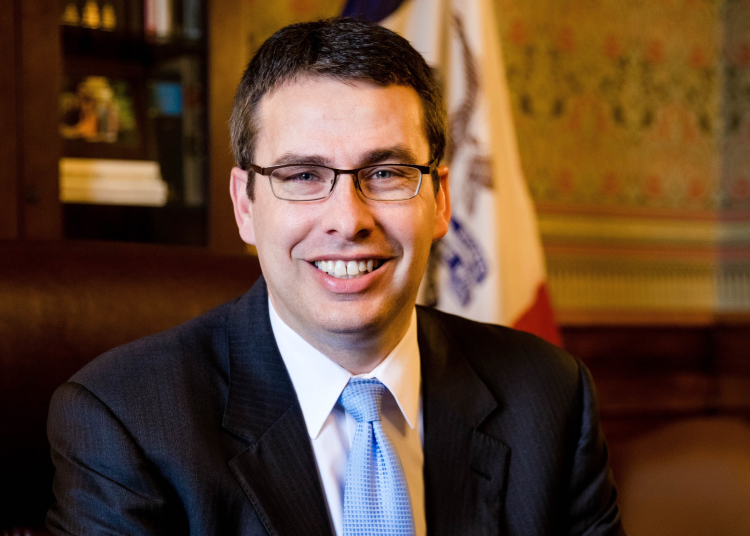By Tim Charles / Guest Column
Opioids have been making national headlines.
This fall, the New York Times reported the nation’s drug overdose deaths may total approximately 64,000 for 2016 once the Centers for Disease Control and Prevention (CDC) finalizes its calculations. CBS News referenced a report from the Police Executive Research Forum, which put the death toll into context by comparing it to the more than 58,000 Americans who died in the Vietnam War. The CDC currently estimates 91 people die each day from opioid overdose. President Trump declared the opioid crisis a national public health emergency on Oct. 26.
Opioids are painkillers, a category of narcotics that includes prescription medications like codeine, along with the street drug heroin. In the May issue of the CBJ’s Balance magazine, Linn County Public Health Director Pramod Dwivedi reminded us of the 118 opioid overdose deaths in Linn County from 2008-2015. The Eastern Iowa Heroin Initiative reports 27 opioid deaths in Linn County last year.
From October 2016 through September of this year, Mercy saw 17 drug overdoses in our emergency room. As a trusted health care organization, we have a vital role to play in helping address this public health emergency alongside all other health care providers.
I am reminded by our providers that in well-controlled dosages, pharmaceutical opioids can be helpful during end-of-life care and can make it possible for those with end-stage cancer to have a better quality of life. However, for the majority of chronic pain, and for nearly all acute pain, the addictive nature of opioids is clearly risky. Alternatives are being explored in non-opioid pain controls like anti-inflammatory drugs or acetaminophen.
At Mercy, we’ve launched an “early recovery after surgery” program that decreases the use of opioids in conjunction with inpatient surgical procedures. Opioids have been linked to longer hospital recovery times – they tie to confusion, constipation and hamper the patient’s desire to get out of bed. By administering acetaminophen before surgery and utilizing anesthesia nerve blocks, fewer opioids are involved in the patient’s hospital care, which translates to faster recovery.
Any time a doctor recommends a small opioid prescription, it’s important to weigh dosage with diagnosis to ensure responsible prescribing. Mercy follows CDC guidelines for opioid prescription and has also put controls in place to help our physicians verify the very best dosage per case. This reduces the likelihood of patients having leftover pills that tend to be forgotten in medicine cabinets.
A contributing factor to drug overdose comes from those forgotten pills that fall into the wrong hands. Young adults, and teens in particular, can easily become addicted to the prescription painkillers they find. According to the Substance Abuse and Mental Health Services Administration, 68 percent say the medication came from a friend or relative. Anytime patients opt for opioid prescriptions, whether for dental work, a broken bone or surgical recovery, proper disposal of any leftover prescription is critical.
I hope you had an opportunity to clear your medicine cabinets during National Prescription Drug Drop-off Day on Oct. 28. Unused medications can be safely and anonymously dropped into secure kiosks any time at several locations throughout the Corridor, including both the Linn and Johnson County sheriff offices. A complete listing of year-round kiosks statewide is available on the Iowa Governor’s Office of Drug Control Policy website, odcp.iowa.gov.
As a community, state and nation, I am pleased to see that we are no longer ignoring the opioid epidemic. Partnerships are key. Mercy is engaged in conversations with Iowa’s Prescription Monitoring Program (PMP), a database of controlled substances that allows doctors to access opioid pharmaceutical records, which encourages safer medication prescribing.
We’re pleased to collaborate with Linn County Public Health and support the efforts of the Eastern Iowa Heroin Initiative and Community Resources United to Stop Heroin (CRUSH). Mercy’s Sedlacek Treatment Center team also offers support to those battling drug addictions. I encourage anyone silently struggling with chemical dependency to reach out to Sedlacek at (319) 398-6226.
Tim Charles is president and CEO of Mercy Medical Center in Cedar Rapids.




